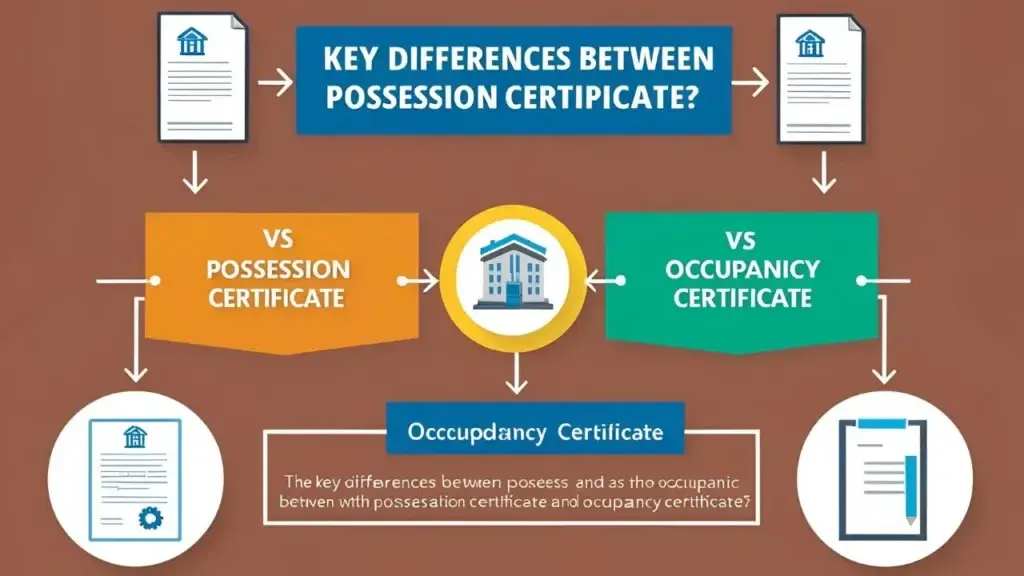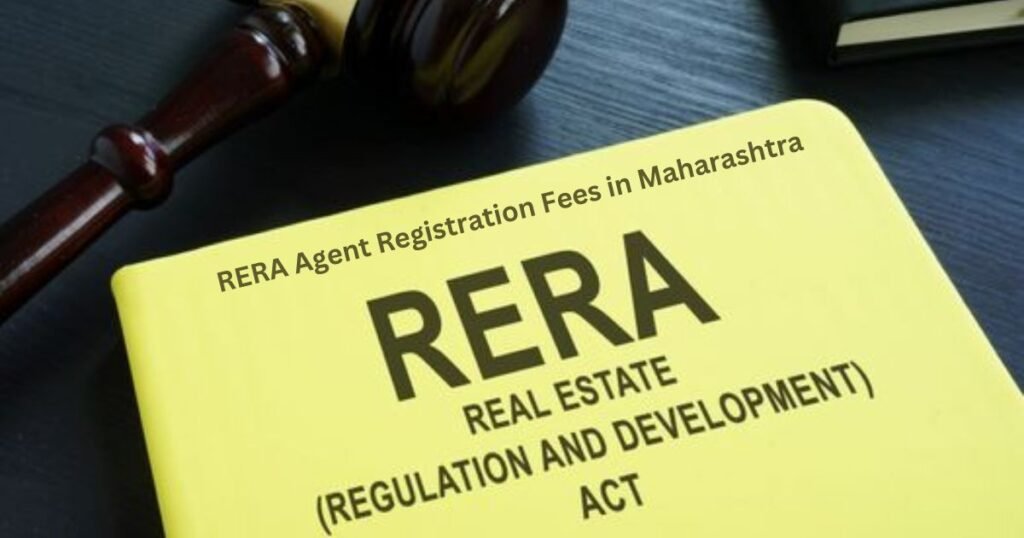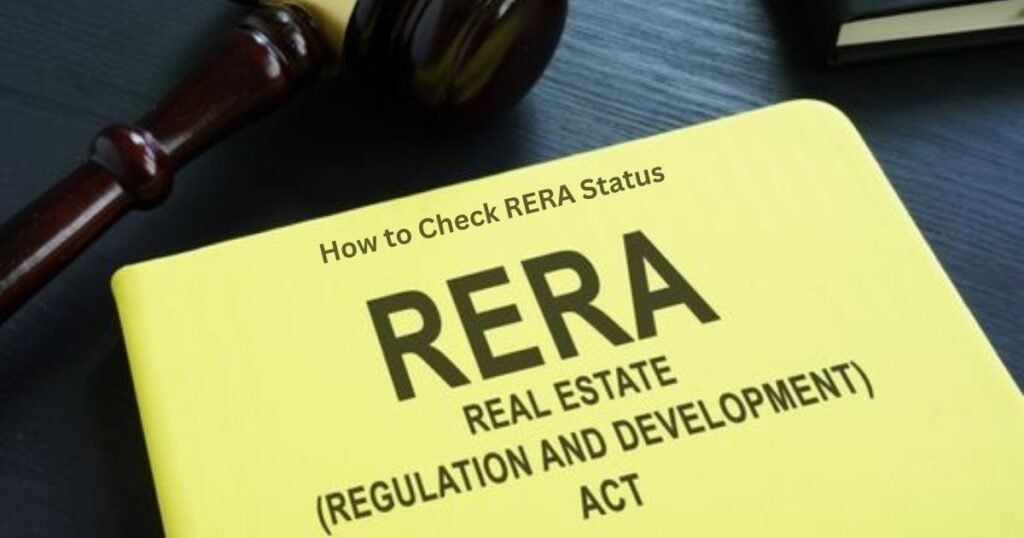In real estate deals, understanding the legal documents is very important for both buyers and sellers. There are only two such documents which often create confusion for both – Possession Certificate vs Occupancy Certificate. Both are important in the property buying process, but their functions are completely different and these issues arise at different stages. This article will help you in clearing the difference between these two certificates, their importance, and their value in the real estate world. So let’s know.

What is a Possession Certificate?
Possession Certificate is a document which is given to the buyer by the builder or developer, in which it is stated that the physical possession of the property has been handed over to the buyer. This certificate is generally given when the construction of the property is complete and the buyer has fulfilled all his payment obligations. Meaning, when the house is built and you have paid the full amount, then you get this certificate which confirms that now the house is yours.
Key Features of a Possession Certificate:
- Handover of Property: It signifies that the buyer can now take control of the property.
- Pre-requisite for Occupancy Certificate: The possession certificate is often a precursor to obtaining the occupancy certificate.
- No Legal Clearance: It does not imply that the property is legally fit for habitation or complies with municipal regulations.
When is it Issued?
The possession certificate is given to the buyer when the construction is completed and the buyer makes the full payment to the builder or developer for the amount for which he had purchased the property.
Also Read: What is an Occupancy Certificate and Completion Certificate?
What is an Occupancy Certificate?
An Occupancy Certificate (OC), on the other hand, is a legal document issued by the local municipal authority or planning body. It certifies that the constructed property complies with approved building plans, local laws, and safety standards, making it fit for occupancy.
Key Features of an Occupancy Certificate:
- Legal Compliance: It confirms that the property adheres to all building codes, fire safety norms, and other regulatory requirements.
- Utility Connections: An OC is often required to obtain essential utilities like water, electricity, and sewage connections.
- Habitation Approval: It legally permits the property to be inhabited.
When is it Issued?
The occupancy certificate is issued after a thorough inspection by the municipal authorities to ensure the property meets all necessary standards. It is a critical document for homeowners and is often required for loan approvals and resale transactions.
Also Read: 10 Vastu Tips to Attract Wealth & Happiness in Your New Home!
Key Differences Between Possession Certificate and Occupancy Certificate
| Aspect | Possession Certificate | Occupancy Certificate |
|---|---|---|
| Issuing Authority | Builder or Developer | Local Municipal Authority or Planning Body |
| Purpose | Handover of physical possession | Legal approval for habitation |
| Legal Compliance | Not a guarantee of compliance | Confirms adherence to building codes and norms |
| Utility Connections | Not required for utilities | Often required for utility connections |
| Stage of Issuance | Issued after construction completion | Issued after municipal inspection and approval |

Why Are These Certificates Important?
For Buyers:
- A Possession Certificate allows buyers to take possession of their property, but it does not guarantee that the property is legally compliant.
- An Occupancy Certificate ensures that the property is safe, legal and ready to live in. Without an OC, buyers may face difficulties in connecting amenities like electricity, water or reselling the property.
For Builders:
- Issuing a Possession Certificate is a contractual responsibility of the builder so that they can hand over the property to the buyer.
- An Occupancy Certificate is mandatory to prove that the construction has been done as per the approved plans and rules.
For Lenders:
- Banks and lending institutions often ask for an Occupancy Certificate before sanctioning a home loan or releasing funds as it ensures the legal validity of the property.
Risks of Not Having an Occupancy Certificate
If you are buying a property without an occupancy certificate you may face several difficulties:
- Legal Issues: The property may be deemed illegal, leading to penalties or demolition.
- Utility Denial: Without an OC, obtaining water, electricity, or sewage connections can be challenging.
- Resale Problems: Properties without an OC are less attractive to buyers and may face valuation issues.
Conclusion
Possession Certificate vs Occupancy Certificate Both play very important roles in the property buying process, but their work is completely different. Possession Certificate is the document that tells that the property has physically come into your hands, meaning the builder has handed over the house or plot to you. Whereas, Occupancy Certificate confirms that the property is following all the legal and regulatory rules, meaning all the norms have been followed while constructing the building.
If you are buying a property, then it is very important to look at both the documents. This will keep your investment safe and you will avoid any legal or financial problem in future. Before finalizing the property deal, confirm that these certificates are available. If there is even the slightest doubt, it is very important to talk to a legal expert. Understanding these documents will not only protect your rights, but also make the experience of property ownership smooth and tension-free.
Frequently Asked Questions
What is a Possession Certificate?
If you are buying a property, then “Possession Certificate” is a document that the builder or developer gives you. It means that the physical handover of the property has been done and you have cleared all the payments. After this document, you get the control of the property, that is, now you can live in it or use it as you want. So do you understand? This certificate is a final stamp that the property is now yours.
What is an Occupancy Certificate (OC)?
Occupancy Certificate is a legal document issued by the local municipal authority for the property. This certificate confirms that the property is approved keeping in mind the building plans, safety norms, and local regulations. Without it, it is difficult to live in the property or get utility connections. Meaning, if you want to live in the house or need electricity or water connection, then it is very important to have this certificate.
What is the main difference between a Possession Certificate and Occupancy Certificate?
The “Possession Certificate” issued by the builder is for transferring the physical ownership of the property, meaning the house or plot is handed over to you. The “Occupancy Certificate” or OC is issued by the municipal authorities, which confirms that the property is following all legal rules and safety standards and it is completely safe to live in it.
Can I occupy a property without an Occupancy Certificate?
If you live in a property without an OC (Occupancy Certificate), it is considered illegal in most places. Due to this, you may be fined, utilities like water and electricity may be cut off, and you may also face problems in selling the property or taking a loan later. So it is better to wait for the OC, otherwise you will regret a lot!
How do I obtain an Occupancy Certificate?
The builder or developer generally applies for an OC (Occupation Certificate) from the local municipal authority after the construction is complete. The authority inspects the property, checking whether everything has been built as per the approved plans, whether safety standards have been followed, and whether the infrastructure is correct. If everything is okay, then it issues a certificate to the developer.
What happens if a builder delays the Occupancy Certificate?
If there is a delay in getting OC, there can be legal issues, fines, or even demolition of the construction without permission. Therefore, before taking possession, buyers should confirm the status of OC and put a penalty clause for delays in the sale agreement. So that there is no problem later!
Can I get a home loan without an Occupancy Certificate?
Most banks and financial institutions ask for OC before approving a home loan or making the final payment. If OC is not there, the property is considered non-compliant, and there is a risk for lenders.
Why is an Occupancy Certificate important for resale?
Without OC, properties have to face legal issues, market value goes down, and buyers also hesitate. Having OC gives potential buyers confidence about the legality and safety of the property, which makes the property resale process smooth.
Are both certificates required for all types of properties?
Yes absolutely! Residential, commercial, and industrial properties demand both certificates. Possession certificate confirms that the property has come into your possession, and OC (Occupation Certificate) verifies that the property has been built as per all rules and regulations. Irrespective of the type of property, both certificates are necessary.
What documents are needed to apply for an Occupancy Certificate?
Common requirements include:
Approved building plans
Completion certificate from the builder
Fire safety clearance
No-objection certificates (NOCs) for water, electricity, and sewage
Property tax receipts
Can a buyer apply for an OC if the builder fails to do so?
Yes, in some cases, buyers can go directly to the municipal authority to apply for an OC with the necessary documents and fees. It is a good idea to seek legal consultation to help understand the process.
How long does it take to get an Occupancy Certificate?
The timeline varies by region but typically ranges from 30 to 60 days after inspection, provided the property meets all regulatory standards.
What are the risks of buying a property without an OC?
Risks include:
Legal disputes and demolition orders
Denial of utility connections
Difficulty securing loans or selling the property
Potential fines from municipal authorities
Can a builder hand over possession without an OC?
Yes, builders may issue a possession certificate before obtaining the OC. However, buyers should avoid occupying the property until the OC is secured to avoid legal complications.




